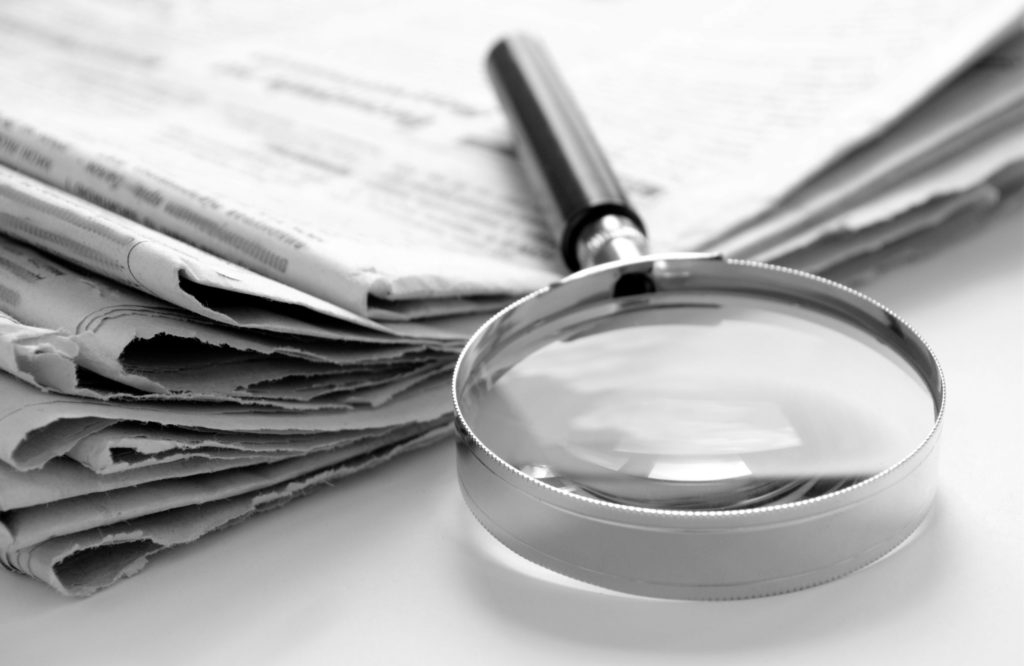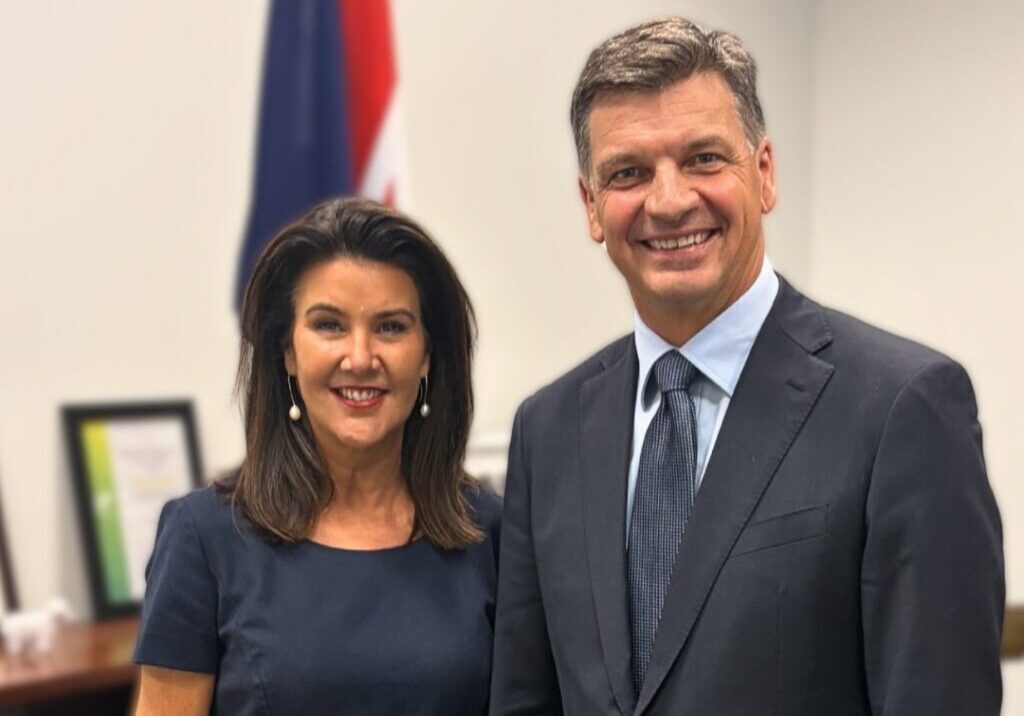Australia/Israel Review
Media Microscope: Unlevel playing field
Dec 15, 2022 | Allon Lee

Palestinian activists took to social media to argue displays of pro-Palestinian support and hostility directed at Israelis in Qatar during the FIFA 2022 World Cup amounted to a victory for their cause. However, media reporting of these issues was more circumspect.
On the Latch website, Jack Revell (Nov. 29) explained the anti-Israel environment in which the event was happening, saying, “Qatar, like most Middle Eastern states… does not recognise Israel and has no diplomatic links to the country. For the World Cup, however, they have allowed direct flights from Israel for media and diplomats to attend the games.”
The Sydney Morning Herald (Nov. 30) accurately noted that Qatar “hosts Palestinian Islamist group Hamas, but has also previously had some trade relations with Israel” and “has given a platform to Islamist dissidents deemed a threat by Saudi Arabia and its allies, while befriending Riyadh’s foe, Iran.” The report also pointed out organisers were enforcing bans on displays linked to political protests except “Tunisian supporters at their November 26 match…unfurled a massive ‘Free Palestine’ banner, a move that did not appear to elicit action from organisers.”
The pro-Palestinian narrative was best exemplified on Dec. 9 by Crikey’s Charlie Lewis in his article “How Palestine is winning the World Cup”.
Only briefly alluding to the tight restrictions upon all other political expression, Lewis asserted that “the most persistent and visible subject of protest has been Palestine.”
Lewis cited Moroccan players draping themselves in a Palestinian flag, Tunisian supporters displaying a “huge ‘Free Palestine’ flag” and “an England supporter’s interview with an Israeli journalist … after his team beat Senegal 3-0 [in which] he exclaimed: ‘It’s coming home! But more importantly, free Palestine.’”
The article quoted academic Fethi Mansouri saying, “these acts of solidarity… show that the Arab masses, even if their oppressive regimes have ‘normalised’ their relationship with Israel… are saying ‘we very much reject this normalisation and want to show our solidarity with Palestine.’”
On SBS’s website (Dec. 10), reporter Rayane Tamer – who signed the #dobetteronpalestine open letter from May 2021 calling for the media to prioritise the Palestinian narrative – quoted ANU academic Anas Iqtait asserting that “the Palestinian flag carries a form of nationalism that binds all Arab countries together… To a large extent, the Palestinian cause has been the most important cross-border, Arab cause that Arab populations – from Morocco to Iraq – have taken on.”
On the ABC website (Dec. 10), Samantha Lewis pointed out the selective approach of event organisers, writing, “there is a double standard at play when it comes to the hyper-visibility of pro-Palestinian symbols at the World Cup. While Qatar, which also hosts Hamas, has allowed flags and posters that support the Palestinian cause, authorities there have reportedly been far less accommodating of Iranian protesters, confiscating banners reading ‘Women, Life, Freedom’ and forcing fans to remove shirts with the name or face of Mahsa Amini, whose death in custody sparked the unrest across Iran.” She also noted that officials have confiscated rainbow-coloured items displayed in support of LGBTIQ people. More dubious was her claim that “for much of the Western world, there is an element of out of sight, out of mind to the Israeli-Palestinian conflict fading into the background of the 24/7 news cycle, usurped by more immediate daily things.”
At the start of the tournament, the Australian (Nov. 22), foreshadowing Doha’s tight control over visible public expression, noted, “the 11th-hour ban on beer sales at World Cup venues and warnings that homosexuality is a criminal offence that can result in severe punishment, even death, shows the extent to which FIFA has failed to use the event to persuade Qatar’s rulers to bring change to the Arab state’s ways.”
On Dec. 10 in the Australian, commentator Alan Howe questioned the appropriateness of Qatar being awarded the competition, describing the Gulf State as “a wealthy state with an expensive veneer of civility disguising 6th-century barbarism of sharia law and hate for homosexuals along with support for those who would wipe Israel from the map.”
In the same edition, sports writer Matt Dickinson provided a broader view of those attending the tournament, writing that on Doha’s public transport system “for every western European face [there were] ten from the Indian subcontinent in Messi and Ronaldo shirts… migrants from Ghana and Senegal who never expected their team to play on their doorstep, Arabs carrying flags of Palestine.”
Tags: Australia, Media/ Academia






